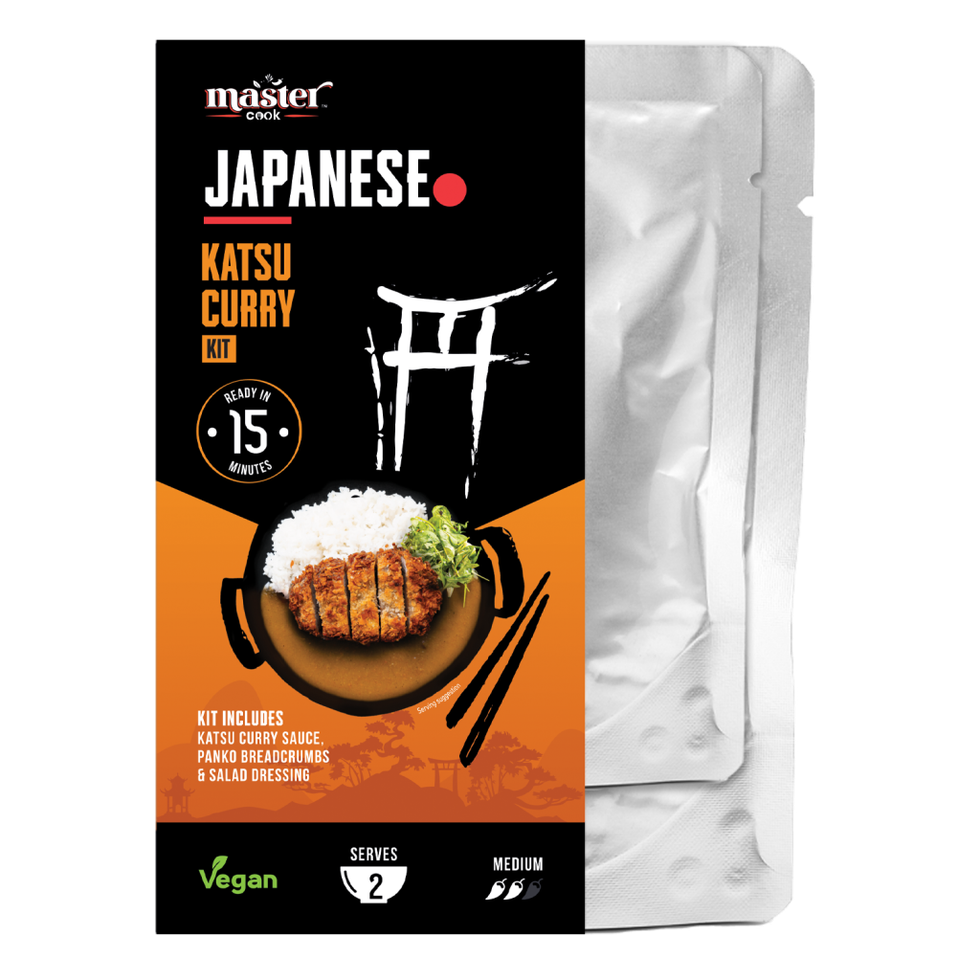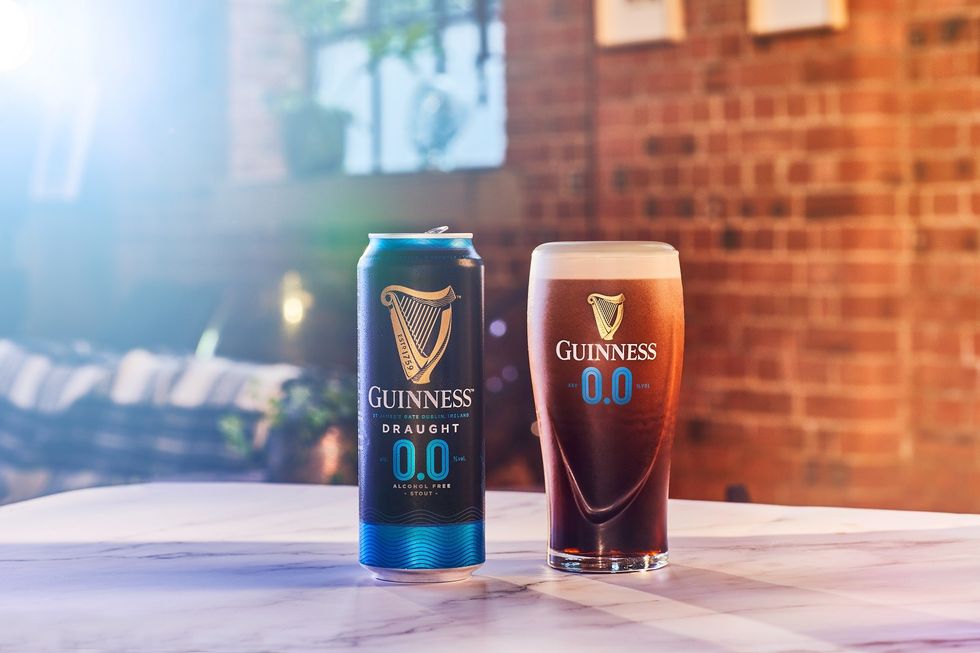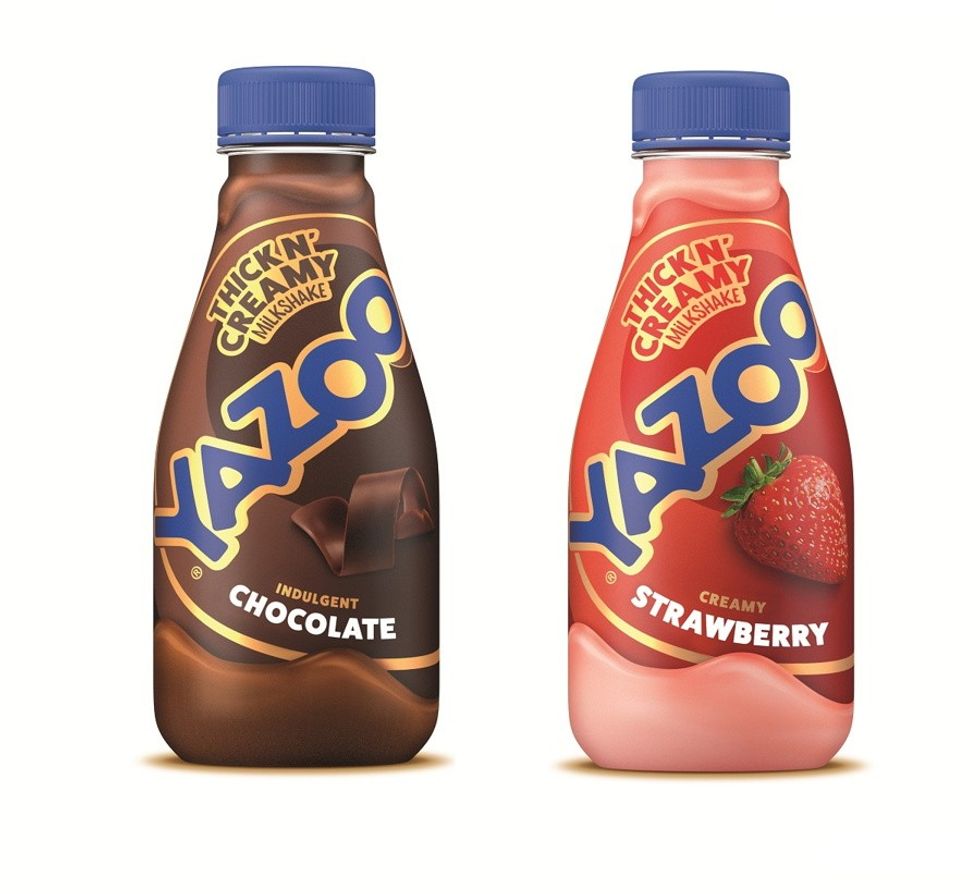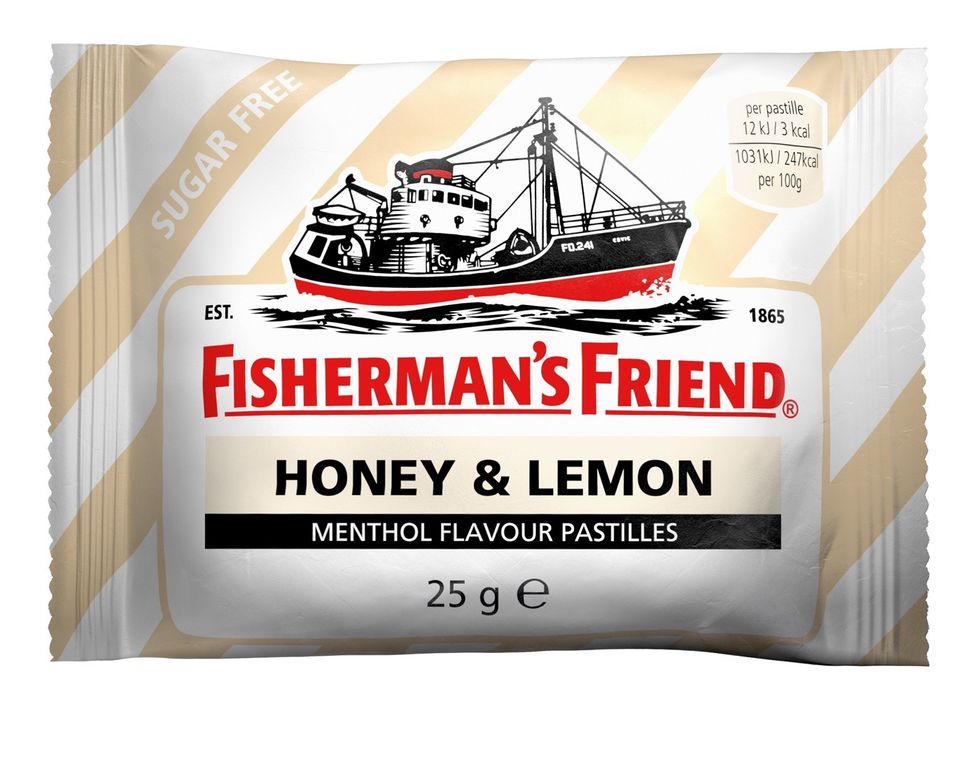As a new academic year begins, students will need sustenance and will be stocking up – so be sure to be ready to greet the hungry rush now Mum’s not around
The early autumn brings the start of a new academic year at universities and colleges, a time of excitement for the students, and for the vast majority, the first time they will have lived away from home, having to feed and look after themselves, perhaps lacking cooking skills and the time to cook, as they will be spending their time studying and socialising. This is where you come in.
Students are therefore in many ways the ideal customers for the convenience channel, or perhaps the c-channel was invented for them.
Typically, the busy and distracted student will not be doing a weekly shop at the local hypermarket. Instead, and without being at all patronising (we were almost all students once upon a time!), the idea of a meal will occur to them a few seconds after the stomach transmits a hunger pang to the brain.
This means that frequently, the average student will be buying little and often, making local shopping expeditions – including many more distress missions than for a settled household – to pick up basic ingredients and simple foodstuffs, such as noodles, fruit, soft drinks, beer, instant meals, cereals, milk and pastries, cleaning materials (occassionally) and perhaps some OTC meds as the weather grows cooler. Add snacks and beer to that, of course, and food to go is probably a good bet as well, when a quick hot fix is needed.
“One of the best-selling things for students in particular are the meal and combos kind of thing, a sandwich, a drink, and a packet of crisps, they're the best things to sell to students,” says Bobby Singh of Holmfield Lane Superstore and Post Office.”
He is keen on supplier support to energise further this great source of sales with promotions and deals:
“They should be giving us retailers good deals or combo deals where we do try and promote and put like a meal together for students etc. They can support us further by providing some kind of incentive to discount to support these meal deals.”
Students often choose premium priced products because they are the among the most brand-conscious sectors of society, and with relatively little experience of catering for themselves, they might well go with what they recognise from home and therefore trust.
With busy and active social lives, as well as studying pressures, students look for quick and easy meal solutions that fit around university life – and with its concentration on impulse, convenience, quick fixes, treats and fun, as well as essentials, all to hand in one compact space, you can make your store a Shangri-La for undergraduates.
Save the Student discovered that the average student spends £133 a month on groceries, the second largest outgoing next to rent (£439 average).
While some may think this essential payment is expensive, it’s actually cheaper than it appears; £31 a week or even more impressive £4.43 a day.
By offering money-saving products that compromise on nutrition, portion size and quality, the convenience sector can supply everything a university goer needs within each meal.
Food for fuel!
Basics such as rice, pasta, baked goods – including pastries such as croissants and long-life rolls and bread from the c-channel experts Baker Street and St. Pierre Groupe – are essential for bringing in the student on a regular basis. So are noodles, with Pot Noodle probably the national flag of the undergraduate. But with an increasingly international student population, and with the home population ever more interested in World Cuisine rather than just beans on toast, it is worth stocking more exotically-flavoured fare, such as Empire Bespoke Foods’ new Master Cook “Asia" collection of authentic, easy-to-cook meal kits, noodles and condiments inspired by the evocative flavours and recipes of Japan, Korea and India (RRP: from £1 – £3.75).
The range comprises four easy to prepare Japanese meal kits (Katsu Curry, Sesame Teriyaki, Curry Udon and Yaki Soba), plus Ramen, Udon and Sobadry noodles (ideal for soup or stir-fries), Soy sauces (Premium, Dark and Light), Ramen Broth and Classic Kimchi (spicy fermented vegetables). The meal kits and the condiments (excluding Ramen broth) are all suitable for vegan and vegetarian diets.
“Our long-standing relationships with the finest Asian suppliers have helped us create this truly authentic and high-quality range,” commented Upuli Ambawatta, brand manager at Empire Bespoke Foods.
“For consumers, the kits help deliver authentic and delicious meals while empowering them to confidently explore bold Asian flavours without spending excessive time or effort in the kitchen,” added Upuli. “For retailers, the range offers a valuable opportunity to make the most of growing consumer demand for high quality authentic Asian meals and convenient ‘at home’ taste adventures.”
Quick-cook rice is a must for the student pantry, and Ben’s Original is entering its fifth consecutive year of collaborating with Stand Against Hunger in partnership with the Trussell Trust – as the pair continue to stand together for a future where no one in the UK needs to rely on food banks.
In an approach that will appeal to students, Ben’s Original believes everyone should have a seat at the table and have access to nutritious food. However, for many families across the UK, not being able to afford food is a stark reality, reflected in the shocking 94 per cent increase in the number of emergency food parcels distributed by the Trussell Trust food banks compared to five years ago.
Still on this month, Ben’s Original is running its nationwide in-store campaign in partnership with the Co-op to enable shoppers to actively contribute to making a difference, the business has pledged to donate 10 pence for every pack of Ben’s Original Egg Fried Rice, Golden Vegetable, Spicy Mexican or Savoury Chicken purchased in-store during the activation period.
The chilled and frozen aisle (see the feature in this issue) should of course have plenty of protein , but also student standbys such as pizzas, fish fingers and quiches – bear in mind that vegetarianism and veganism are rising among young people, so it is definitely worth stocking a plant-based section if you expect a lot of student footfall.
New products such as the SRSLY Low Carb non-meat range, including spaghetti Bolognese (£5.99 for 370g meal), can appeal greatly to students. The remit was to include a significant low-carb twist, banishing any excess sugar to rethink a classic that boasts only 17.9g of carbs Vs the 50-60g you’d expect from with a similar-sized portion of traditional spag bol.
Student drinks – students drink!
Of course students drink! And it is obvious that a fine beer and wine selection will stand a retailer in good stead during term-time.
A couple of caveats regarding ranging, however. First of all, RTDs – especially cocktails and mixes such as Coca-Cola and Jack Daniels – have become wildly popular over the past couple of years (sort of since lockdown wound down and the taste for on-hand cocktails it had nurtured, endured), and the choice from companies such as White Claw, Four Loko and -196 (from Suntory) have opened a new world of chilled, c-store choice and flavour. Likewise, bottled ready-to-drinks such as WKDs range, perennially popular with students, should be prominent in the chiller and stacked beside.
Along with traditional beers, it is worth reiterating what we said last year, that the march of low and no alcohol beverages – especially beers – goes on. Be sure to make the most of the margins here by ensuring you stock more than the obligatory selection of a couple of zero beer brands, and look at all the possibilities offered now to the “sober-curious” – with many of them among the student demographic, apparently.
Relevant here is the fact that we have just learned Non-alcoholic Guinness could one day “outsell the real thing” amid a surge in demand from health-conscious younger drinkers (according to an executive at Diageo).
Guinness 0.0 makes up three per cent of all global sales of the Irish stout brand. Asked whether the alcohol-free alternative could overtake the original, Diageo marketing director Anna MacDonald said, “I think it’s possible. The trend [for non-alcoholic beer] is accelerating more than we thought. It is probably slightly more pronounced within the younger generation – health and well-being is a big trend.
The no and low alcohol segment continues to grow in the country despite the volume sales decline in alcohol category (don’t worry – it's partly because of a rise in premiumisation). According to new research from IWSR, while total beverage alcohol volumes in the UK declined by two per cent between 2022 and 2023, the overall no and low-alcohol segment saw volume growth of 47 per cent (2022 to 2023), with forecast volume CAGR of 19 per cent (2023 to 2028).
Patrick Finlay, Managing Director of The Category Management Company, said of the trend for low and no alcohol that it “has been emerging slowly over the past decade but has accelerated for several reasons, not least the Gen Z cohort growing its demand for taste variety, convenient formats, and healthier propositions.”
That includes a lot of students, so stock accordingly – as well as zero versions of soft drinks. And energy drinks are essential for late night study (or gaming) sessions. Monster has just unveiled a Nitro Cosmic Peach for its Additions range, which has delivered more than £38.5m over the last year and is now available in a £1.49 price-marked-pack nationwide. Variety is the spice of energy drinks, they say, so ensure you have a wide range of flavoursome choices.
And for breakfast and the whole day through, students will love to pick up chilled coffee drinks, milk drinks and milkshakes – good for nutrition and hunger (and even hangovers, we seem to recall).
Be sure to stock products such as Yazoo’s HFSS-compliant, indulgent milkshake format: Thick N’ Creamy, The 300ml bottle comes in two flavours – Indulgent Chocolate and Creamy Strawberry – with on-pack visuals communicating the thick texture and creamy taste sensation waiting within.
“Within the flavoured milk sector, the indulgent subset is of growing consumer interest, and Yazoo’s position as number one, combined with Yazoo’s core 96 per cent brand awareness, means we are in the perfect position to bring light and lapsed buyers back into the category, and further boost its value," said Maren Fuhrich, brand manager at Yazoo, said. “After all, if anyone knows how to deliver a great tasting flavoured milk with wide appeal, it’s us!”
Crediton Dairy’s Arctic Coffee now has a closable lid which enhances on-the-go portability that Head of Marketing & Insight Abigail Kelly says is key to unlocking the revenue potential of Gen Z super-consumers in the ready-to-drink (RTD) chilled coffee category. By eliminating spillage and providing the option to enjoy the product over time, a closable lid reduces wastage and increases convenience. Nearly half (45 per cent) of 16 to 27-year-olds say it’s a top requirement when choosing a soft drink, putting it above brand loyalty (17 per cent) and even the purpose of the drink itself e.g. caffeine hit or refreshment (25 per cent).“Gen Z’s love RTD chilled coffee – they are some of the category’s biggest fans and offer retailers significant revenue potential,” said Abigail.
“The whole Arctic Coffee product range is made at Devonshire-based Crediton Dairy with Rainforest Alliance Certified coffee beans and features closeable lids. We match the pace of customers for on-the-go consumption and a choice of when – and when not – to sip.”
A new term begins...
It is not only convenience stores on or near traditional university campuses that stand to benefit from the new academic year: with colleges and institutions of further education in almost every town in the land, there is almost certainly a student population of some size and shape near to a majority of independent retailers.
“In general, merchandising is key,” Bobby Singh sums up – especially with students. “How you lay out your store, how you lay out your products is key for impulse buying. Whereas the normal shopper may want to walk around your store, have a look and take a little bit of time, students are very regular, and they know exactly what they want. The majority have limited time as well, so always merchandise for their needs.”
It is good to keep in mind that c-stores sit at the perfect juncture of remedies and comfort with their sales of OTC medicines – cough lozenges and therapeutic candies to clear the airways when the colds and sniffles come on with the Autumn.
Lip balms, tissues and headache pills are essentials for the shelves, but be sure to stock products to help alleviate symptoms, such as Fisherman’s friend and Jakeman’s.
Fisherman’s Friend is great for Hay Fever season, but equally good for the winter months, of course, and now comes in Honey and Lemon flavour, too.
Sales of the iconic lozenge soared by 12 per cent recently, and Jon R White, regional business manager for Fisherman’s Friend in the UK, said “Not only does Fisherman’s Friend allow retailers to offer a range of products which fit a huge variety of taste preferences – from Original Menthol & Eucalyptus all the way though to Cherry – our packs contain a high number of individual lozenges, offering relief for longer than many competitor brands.”
It’s perfect for student budgets, too. “In the current economic climate, where shoppers are looking to make savings any way they can, Fisherman’s Friend is therefore likely to be an even more appealing choice than ever before, further reinforcing its status as a must-stock brand,” he added .
Cough and throat lozenge brand Jakemans had a very good winter season last year, and their great name recognition and delightful packaging portends more success in this. Students suffer colds and get croaky just like everybody else; in fact, nearly six in 10 (59 per cent) people have experienced a voice-related health issue.
When remedying issues such as sore throat, hoarseness or loss of voice, throat lozenges are the most popular choice of treatment. Over half (55 per cent) will rest their voice as much as possible on the road to recovery, with 46 per cent keeping it hydrated. In both cases, Jakemans fits the bill.
Even if the freshers are not the biggest wave hitting your store this autumn, it is probably still worth thinking about the new (and returning) students, flush with their loans and keen to equip themselves for their new life experiences.
And of course, student sales are from school pupils as well, not only university students, in the sense that they will come into store looking for drinks, snacks and confectionery throughout the academic year – and then schoolkids even more so during the vacations (with time and pocket-money on their hands).
Again, whether near a campus or not, it is worthwhile to keep the idea of students front-of-mind because that demographic is a great impulse customer whenever and wherever: do your homework to win big sales!










